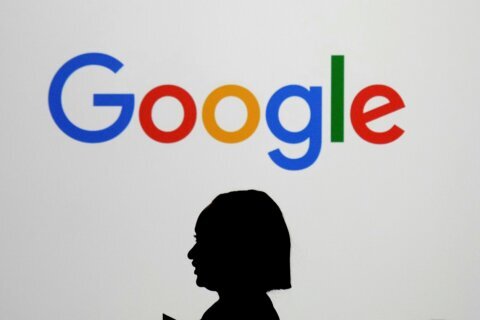
If you’re like most users, you spend more time using a browser than any other program on your computer or smartphone.
You probably don’t think about what browser you’re using; the focus is on getting to a website, not what got you there.
Google Chrome is by far the most popular browser, but because it’s a Google product integrated with all their tracking and advertising networks, a lot of people are looking for an alternative.
A ‘Brave’ new approach
The creator of Brave, Brendan Eich, also created JavaScript and co-founded the Mozilla Project, which led to the development of the Firefox browser.
Brave is based on the open-source Chromium browser, which is also the basis for Google’s Chrome, Opera and, most recently, Microsoft’s Chromium Edge browser.
Open-source means that anyone can take the source code and build whatever they’d like out of it, but it does not mean that all the browsers are the same.
In the case of Brave, they chose to focus on user privacy by blocking trackers, scripts and ads by default.
The natural by-product of blocking all this activity, which usually goes unnoticed by the average user, is faster load times.
Brave can also make use of the wide variety of extensions for Chromium-based browsers via the Chrome Web Store.
A different way with ads
Ad- and script-blocking options exist for other browsers, but the user has to opt to install or turn on those features, while Brave makes them the default.
Understandably, this has ruffled some feathers across the internet, which is currently paid for largely through display advertisements. You’re reading this very article on a website that does not charge you because it uses ads to cover the costs.
By default, when you use the Brave browser, the areas of a website that would normally display ads appear as blank spaces. This can actually make the pages look like they haven’t finished loading at first.
In some cases, the page won’t load properly, which will require you to either choose a different browser, or flip the “Shields Up” setting to “Shields Down,” which turns off the privacy and security protection.
If everyone used Brave in its default setup, the entire economy of the “free” internet could collapse.
As an alternative, Brave created its Reward system — essentially, its own ad network — which takes a different approach.
First of all, the user has to opt in to the Brave Rewards program, which will start displaying “privacy-respected ads” based on browsing behavior, which is stored only on your device.
You’ll also accumulate rewards that you can potentially “spend” on websites that you want to support through the network.
It’s an ambitious attempt to disrupt the status quo in online advertising.
Is it safe?
There’s nothing to suggest that anything nefarious is going on, so there’s no reason you should be concerned about downloading it and giving it a try.
If you decide to use Brave to eliminate tracking, make sure you choose a default search engine that also does not use tracking, such as StartPage or DuckDuckGo, instead of Google.
Ken Colburn is founder and CEO of Data Doctors Computer Services. Ask any tech question on Facebook or Twitter.







